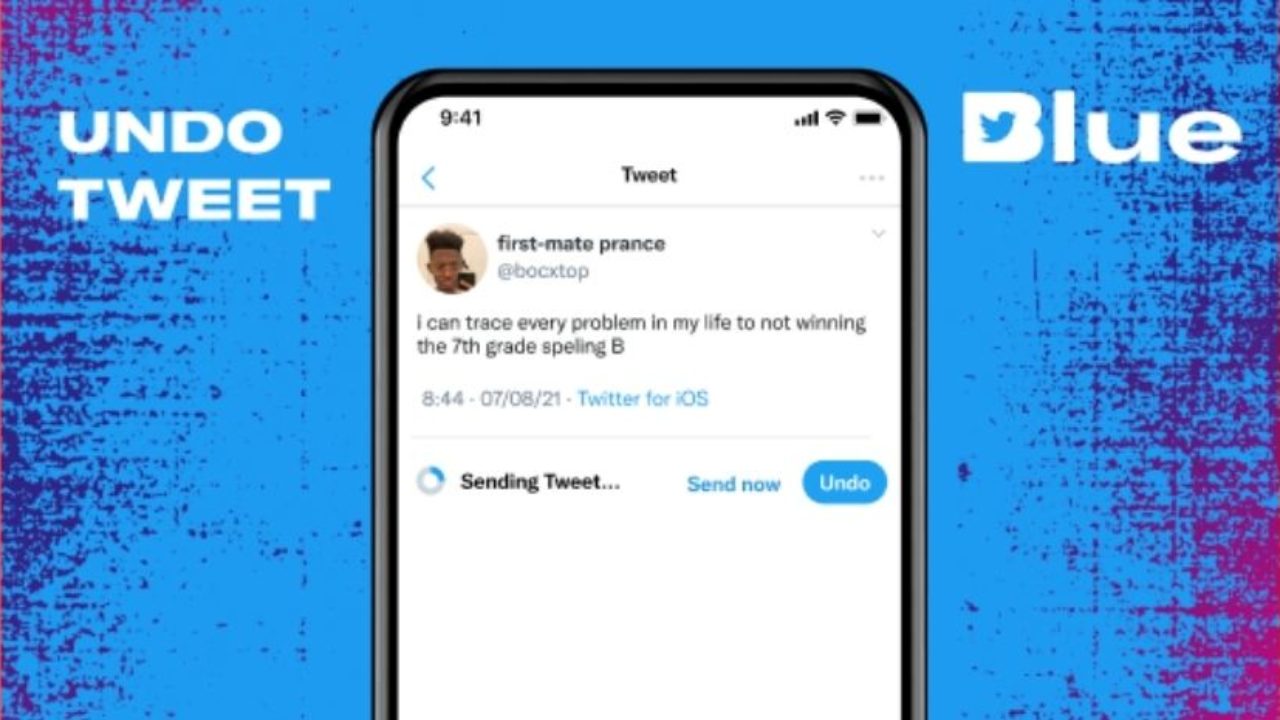On Tuesday, Elon Musk announced his intention to resign as CEO of Twitter, stating that he would only step down once he found “someone foolish enough to take the job.”

This announcement came just two days after Musk posed the question to his 122 million Twitter followers, asking whether he should resign as the leader of the social media platform.
The survey, which received 17.5 million votes, saw more than 57% of respondents agreeing that Musk should step down.
The controversy surrounding Musk’s potential resignation stems from backlash over new content moderation policies and the seemingly arbitrary banning and reinstatement of high-profile users.
Some of Musk’s former supporters have criticized his actions on the platform, stating that they were “the last straw.” After the poll closed on Monday morning, Musk remained silent on the matter until late Monday, when he responded to Twitter users who questioned the outcome of the survey.
Should I step down as head of Twitter? I will abide by the results of this poll.
— Elon Musk (@elonmusk) December 18, 2022
Musk also announced that Twitter would change its poll feature so that only paying subscribers would be allowed to vote in the future. Despite initially stating that he would abide by the results of the poll, Musk has now announced his intention to resign as CEO and instead focus on leading the software and servers teams.
Elon Musk’s decision to resign as CEO of Twitter has been met with skepticism, as it is unclear how significant this move would be in practice.
Despite stepping down as CEO, Musk will remain the owner of Twitter, which he took private in October.
In a tweet on Sunday, Musk indicated that he had no successor in mind for the role and suggested that there were no qualified candidates to lead the platform. Additionally, since taking ownership of Twitter on October 27, Musk has fired the company’s top executives and other senior leaders have either been fired or resigned, leaving the executive suite largely empty. The company has also undergone significant workforce changes, with 70% of employees being let go through layoffs, firings, and resignments. Some have questioned whether anyone would be able to effectively lead Twitter given its current state.













